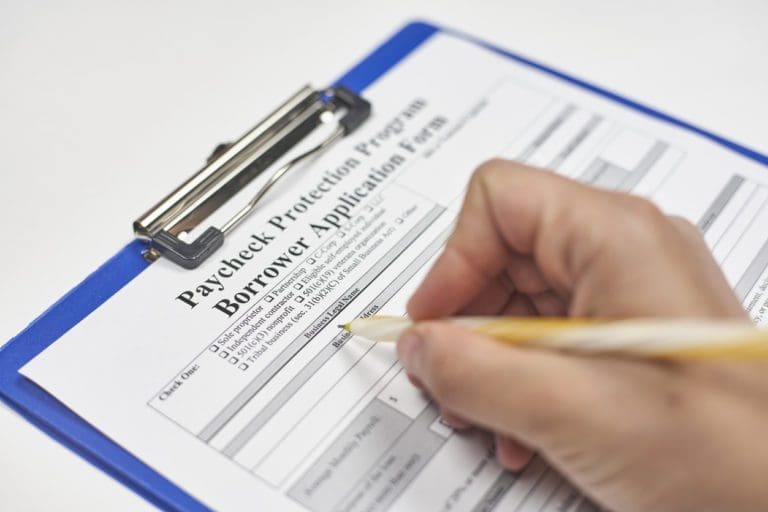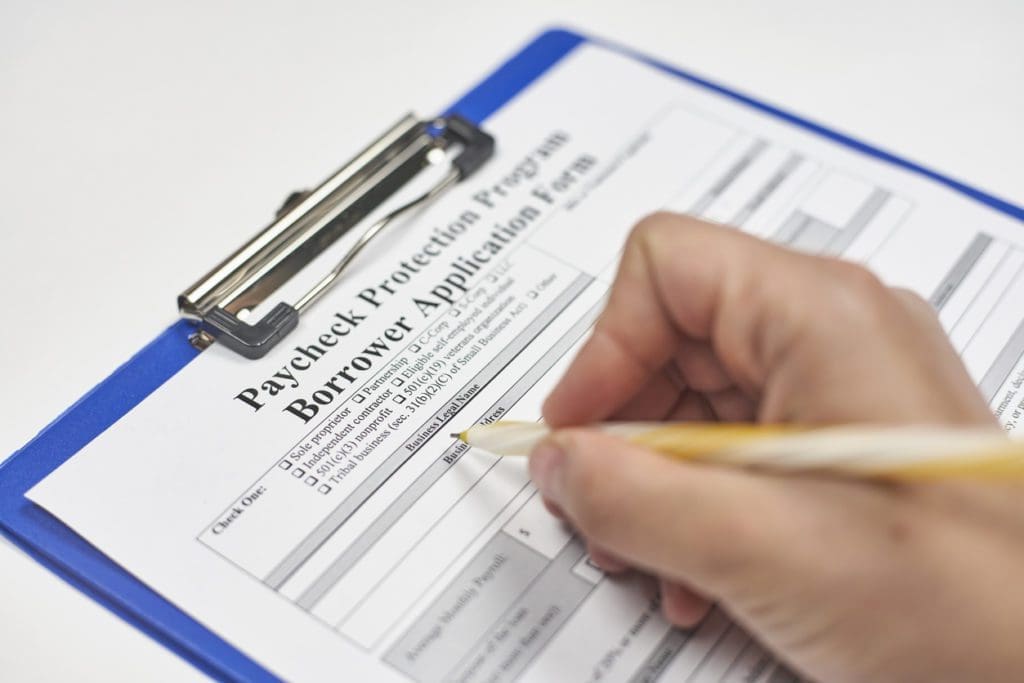Last night Congress finally passed a new round of stimulus funding. The $900 billion Covid-19 relief package included $285 billion for a renewed Paycheck Protection Program. You can read the full text of the 5,593-bill here.
This is big news for fintech as our industry played a major role in the initial rollout of the PPP earlier this year. While the details are similar to first PPP there are some important differences. Here are just some of the details:
- Companies that received a first PPP loan can apply again provided they have 300 or fewer employees AND experienced a 25% drop in revenue in any quarter compared to 2019.
- First time borrowers will be subject to the rules of the initial PPP although public companies will not be eligible.
- Maximum loan size is $2 million, down from $10 million.
- Small businesses can apply for 2.5 times their monthly payroll (3.5 times for the hospitality industry).
- Borrowers need to spend at least 60% of the proceeds on payroll for full forgiveness.
- The SBA will be required to establish regulations no later than 10 days after the legislation is signed into law.
- Both the House and the Senate have passed the legislation with large majorities and the President has until December 28 to sign into law.
So, early in the new year round two will begin. While we don’t know the details of the program yet we learned from the New York Times yesterday that the top four PPP lenders, Bank of America, JPMorgan Chase, Cross River Bank and Wells Fargo all intend to participate again.
I reached out to a number of fintech leaders to get their reaction to the new round of PPP. Here is what Adam Goller, General Manager of Strategic Partnerships at Cross River, said:
Cross River is once again committed to helping small businesses who are struggling to survive. Fintech has leveled the playing field and Cross River was the leader, providing more than $6.5 billion in loans to nearly 200,000 small businesses across the country, the third largest lender in the country. We look forward to our continued collaboration with our partners and the SBA to make this another successful endeavor.
Brock Blake, the CEO and Founder of Lendio, was very active both in helping small businesses obtain PPP loans and in being a voice for fintech in Washington. He is very happy to see another round of PPP:
After nearly eight months of political bickering and personal agendas, I am thrilled to see that our politicians have put the needs of America’s small businesses into a compromise that will get much-needed capital into the hands of small businesses. After reviewing the bill, I’m impressed with how Senators Rubio and Romney, and other politicians addressed the most important issues, namely:
- Allowing SMBs to get a 2nd PPP loan by showing a revenue reduction of 25%+
- Allowing SMBs to deduct their PPP expenses
- Increasing the loan size (3.5x monthly payroll instead of 2.5x monthly payroll) for the hardest hit small businesses — restaurants, hotels, etc.
- Carve-outs from live events, movie theaters, etc.
- Economics that will provide lenders incentive to help the smallest of small businesses. In round 1, most lenders couldn’t profitably help the smallest businesses. With the updated economics, now those small businesses should received the attention that they deserve.
Rohit Arora, the CEO and co-founder of Biz2Credit said:
PPP2 should have a bigger impact on truly small companies. It is targeted to benefit them more than mid-sized firms and larger corporations that were able to secure funding during PPP’s first round. It limits applicants to firms of 300 employees or less and eligible companies have to have a revenue trough of 30% or more during the worst quarter.
One fear is that this government-backed money could be going to companies that might go under anyway. These small businesses, in most cases, didn’t do anything wrong, and their situation is not their fault. Rather, it was the virus, the government-imposed restrictions, and the ‘stay-at-home’ mindset that hurt businesses that catered to commuters, office workers, and others. Many of these firms are so small, it doesn’t cost much to help save them. It’s not a big deal in the scheme of things. This is particularly true for minority-owned businesses and companies located in hard-hit urban areas. Without help, they will go under; it’s already happening.
Scott Stewart, the CEO of the Innovative Lending Platform Association, had this to say:
ILPA applauds Congress for providing much-needed relief for small businesses by restarting the PPP program, allowing for second draws, and simplifying loan forgiveness. Fintechs were there for America’s small businesses in 2020, enabling access to the PPP when traditional financial institutions left them behind.
A recent initial study showed that fintechs reached many underserved minority-owned businesses. Also, our median PPP loan size of $15,000 is proof that we were reaching the smallest of small businesses, those with fewer than 10 employees. It is clear that Congress took note of our PPP work and updated the program to incentivize fintechs to double down on serving those very small businesses most in need of our help. ILPA members will answer that call.
It will be interesting to see if all the fintech companies involved in PPP round one will re-up for round two. That is looking pretty likely at this stage. What this will also mean, though, is there will be depressed demand for regular small business loans well into 2021 as this PPP money will satisfy the capital needs of many small businesses.
Fintech demonstrated in the first round of PPP that they can be part of the solution in moving money to small businesses quick and efficiently. I expect that will be the same again once this new program is put in place.



